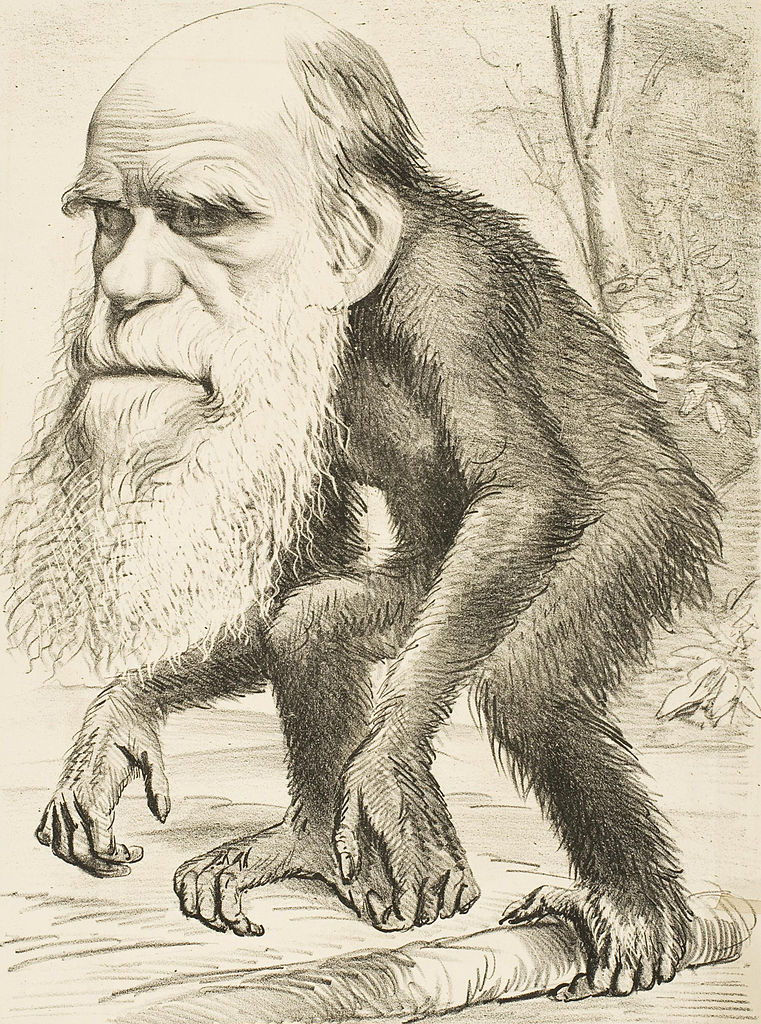* Terms and Conditions apply.

Man as we know him, is a poor creature; he is halfway between an ape and a god and he is traveling in the right direction. – Dean Inge
In my last blog, I got off track with a topic that has been deep in my psyche for the past few years. Basically, I have been intrigued by the rapid changes in human social structure in my lifetime. I concluded the previous blog with the question: “Are we starting to move from a social structure similar to a chimpanzees’ to a social structure similar to a bonobo?” Basically, gender roles, and indeed gender, itself is being rapidly redefined in recent years. The problem with such a discussion is that we cannot view such a topic without personal bias.
I personally believe that present day humans have both the aggressive tendencies of chimpanzee society and the use of sex for other than reproduction like the bonobos. I believe that recorded human history has proven homo sapiens social behavior to be closer to the chimpanzee with Alpha males, territorial warfare, street gangs, and such.
However, as reported in a Guardian article: “Early men and women were equal, say scientists” a University College London anthologist, Mark Dyble argues that hunter gather societies were egalitarian. Dyble suggests that being egalitarian,could be how our early ancestors differed from chimpanzees who live in a hierarchical, male dominated, very aggressive societies. Dyble’s work was fueled by a 2011 study of 32 hunter-gatherer societies that found most individuals living together in large groups were not genetically related.
The scientists in Dyble’s study developed two mathematical models of possible hunter-gatherers’ behavior. The egalitarian version was where both the husband and wife in a hunter-gatherer couple could have equal say over which camp that their “household” would reside. The second version, was where only one sex had influence which camp they lived in.
They found that in the egalitarian version of the model, where both husband and wife had a say over which camp they lived, with both husband and wife striving to maximize the number of kin in their chosen camp, communities were much less closely related. With the non-egalitarian model, when only men or only women could choose, communities were generally more related. By hunter gatherer men and women sitting together around the camp fire with people other than their own kin made a wider social network. He suggests that our present social behavior started with the beginning of agriculture when a man could have multiple wives and accumulate wealth. Basically, with agriculture, males began to form alliances with male kin leading to our aggressive sexiest social behavior.
If Dyble is right, so much for looking to the chimpanzee to support the argument that our aggressiveness is caused by our genetic primal instincts. If it started with agriculture it is a major change in extremely recent in human history.
What about the bonobo and our genetic primal behavior? The trait that is cited in most articles about bonobos is they are very promiscuous and have many other functions for sex than for just reproduction. They are often called the “hippies” of the primate world. Basically, most animals in the animal kingdom only have sex to reproduce and pass on their DNA.
A trend reported in a 2014 Pew report titled Fewer than half of U.S. kids today live in a ‘traditional’ family. The reports states:
“Fewer than half (46%) of U.S. kids younger than 18 years of age are living in a home with two married heterosexual parents in their first marriage. This is a marked change from 1960, when 73% of children fit this description, and 1980, when 61% did.”
For the majority of the animal kingdom mating and copulation occur at oestrus as a strategy for the survival of their DNA. Many people are moving away from the idea of the ‘traditional’ family. We humans have grown “sophisticated” and now embrace biological strategies that are not favorable to the survival of our DNA. Perhaps we are the lemmings of the primate world and we are so over populated that we are running over a heedless hedonistic cliff.